Blog
Tax Extensions and Penalties
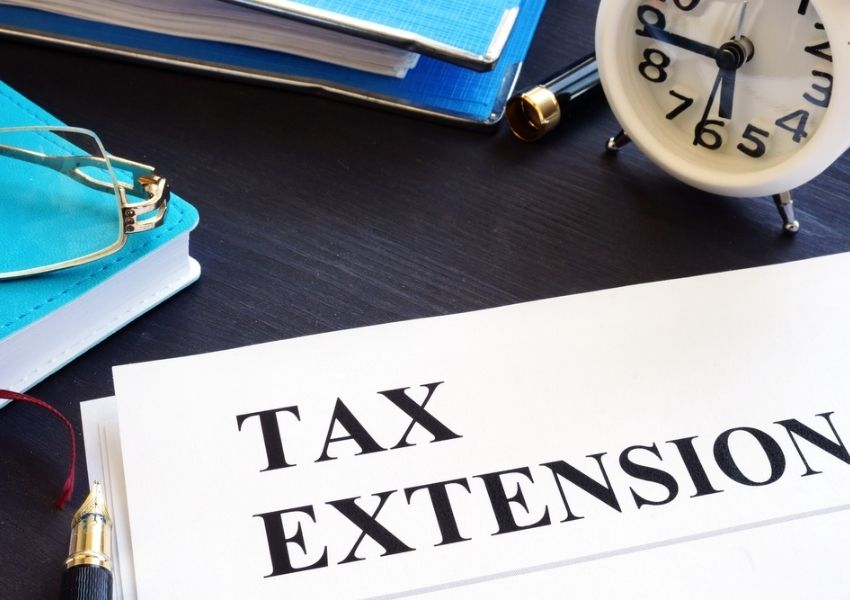
Tax Extensions and Penalties
We have only a few DAYS left before the filing season is over. Extending the due date of filing your returns will let you file up to October 15th this year. BUT it does not give you extra time to pay any taxes owed. Usually Dennis and Karen are diligent about filing their tax returns, and that explains why they prepare early. That way they have time to go through last minute checks and cross-checks to reduce or eliminate any mistakes in the process. But, in case you are unable to meet the deadline, you should know about your options.
We expect to see a lot more taxpayers filing their tax returns late because, if they have their extensions filed and they owe taxes, the penalty for late payment of your taxes, is only one-half of one percent (1/2 of 1%). There is also a penalty for not filing your returns, and another penalty for under payment of taxes.
Many of us are still scrambling to get our taxes together. So, if you are not prepared to file the tax return by the April deadline, what happens if you can’t get your taxes done by the due date? If you need more time, you can get an automatic six-month extension from the IRS. You don’t have to explain why you’re asking for more time, either.
Here are a few important things to know about filing an extension:
- File on time even if you can’t pay
If you complete your tax return, but can’t pay the taxes you owe, file your return on time and pay as much as you can. That way you will avoid the late filing penalty, which is higher than the penalty for not paying all the taxes you owe on time. Plus, you do have payment options.
Apply for a payment plan using the Online Payment Agreement tool on www.IRS.gov .You can also file Form 9465, Installment Agreement Request, with your tax return. If you are unable to make payments because of a financial hardship, the IRS will work with you.
Filing an extension on time will reduce your tax penalties by a LOT! Late filing penalties go from 5% of the tax owed down to ½ of 1% of the tax owed, with an extension!
2. Extra time to file is not extra time to pay
An extension to file will give you six more months to file your taxes, until Oct. 15. It does not give you extra time to pay your taxes. You still must estimate and pay what you owe by the April deadline (usually April 15th). You will be charged interest on any amount not paid by the deadline. You may also owe a penalty for not paying on time. But filing an extension will reduce the penalty (see #1 above).
3. Use IRS Free File to request an extension
You can use IRS Free File to e-file your extension request. Free File is only available through the IRS.gov website, and there are income limitations. You must e- file the request by midnight of the April deadline. If you e-file your extension request, the IRS will acknowledge receipt, via email.
4. Use Form 4868
You can also request an extension by mailing a Form 4868, Application for Automatic Extension of Time to File U.S. Individual Income Tax Return. You must submit this form to the IRS by the April due date. Form 4868 is available on https://www.IRS.gov. You don’t need to submit a paper Form 4868 if you make a payment using an IRS electronic payment option. The IRS will automatically process your extension when you pay electronically. You can pay online or by phone.
5. Electronic funds withdrawal
If you e-file an extension request, you can also pay any balance due by authorizing an electronic funds withdrawal from your checking or savings account. To do this you will need your bank routing and account numbers.
6. Consider Form 1127
You can also request filing IRS form 1127 if there is a financial hardship that does not allow you to send money in with the extension or the tax return. This form does NOT give a free pass not to pay taxes. The form provides for NOT having to pay penalties and the interest on penalties IF you can prove financial hardship. Death, Disability, High Medical Bills, Bankruptcy and Disasters are examples of reasons the IRS will accept financial hardship requests.
Here are some points to consider for this period:
- Extension Form 4868 (automatic extension of time to file for up to 6 months) The IRS will approve an extension if you file it by the April deadline.
- Pay taxes by credit card, check, money order or electronic payment. (Can be paid over the phone or via internet for a fee) Remember that paying by credit card can cost fees from both the IRS AND the credit card company. You might consider a cash advance, deposit into a checking account, and write a check to IRS for taxes owed.
- Late payment WITH extension is ½ of 1% of any tax that is not paid by due date. Having an extension allows you to pay the least amount of any underpayment penalty if you have one.
- Late payment WITHOUT extension is 5% of tax owed (cheaper to file an extension). Remember that in addition to a penalty for late payment, there is also an interest charged by the IRS that is compounded daily. Therefore, filing an extension is so much better to do.
- You owe less than $50,000 and can’t pay the tax, file form 9465 (IRS will accept the agreement you propose. There is a fee, and the interest is compounded daily). The IRS gives you up to 6 years to pay taxes owed, but you can NOT be late in filing for the next 5 years’ returns.
- Form 1127 allows you to file and pay taxes late if you have financial hardship, without an extension (severe hardship must be proven.)
Call today, don’t delay! See how this affects you. We can be reached at 602-264-9331 and on all social media under azmoneyguy.
Be more prepared for this year’s tax season! Get your copy of Bob’s NEW book, 52 Ways to Outsmart the IRS, Weekly Tax Tips to Save You Money on Amazon, Kindle, or at Azmoneyguy.com (available in paperback and eBook).
Related Blog Posts
Tips for Farmers and Farm Tax Returns
Learn how to pass on more of your wealth to your heirs and pay less to the government before it's too late! Click here...Address & Map(602) 264 - 9331CLIENT PORTALAddress & Map(602) 264-9331 Bringing food to the plate matters. So those who toil hard to...
Deductions allowed when you do not itemize
Learn how to pass on more of your wealth to your heirs and pay less to the government before it's too late! Click here...Address & Map(602) 264 - 9331CLIENT PORTALAddress & Map(602) 264-9331[DISPLAY_ULTIMATE_SOCIAL_ICONS] There are lines and then there...
Basis, Capital Gains, and Losses
Learn how to pass on more of your wealth to your heirs and pay less to the government before it's too late! Click here...Address & Map(602) 264 - 9331CLIENT PORTALAddress & Map(602) 264-9331[DISPLAY_ULTIMATE_SOCIAL_ICONS] Now is the time to act smart,...
Do You Owe The IRS?
Learn 5 Secrets The IRS Doesn't Want You To Know.
Click on the button below to get FREE access to this exclusive content.
Tax and Financial Advice from an expert
Mr. Hockensmith has been a guest newscaster for national and local TV stations in Phoenix since 1995, broadcasting financial and tax topics to the general pubic. He has written tax and accounting articles for both national and local newspapers and professional journals. He has been a public speaker nationally and locally on tax, accounting, financial planning and economics since 1992. He was a Disaster Reservist at the Federal Emergency Management Agency, for many years after his military service. He served as a Colonel with the US Army, retiring from military service after 36 years in 2008. Early in his accounting career, he was a Accountant and Consultant with Arthur Andersen CPA’s and Ernst & Young CPA’s.

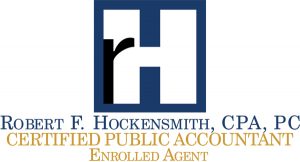

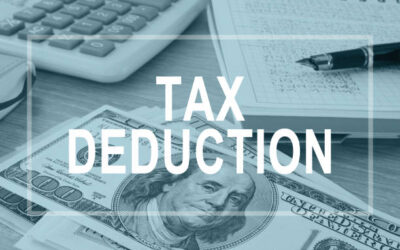
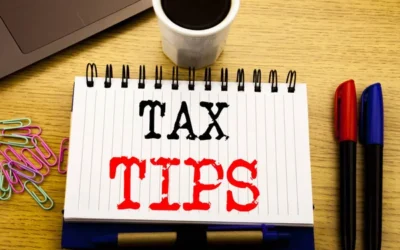




Recent Comments